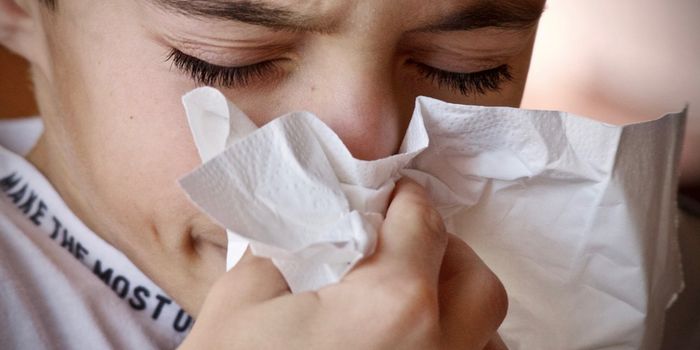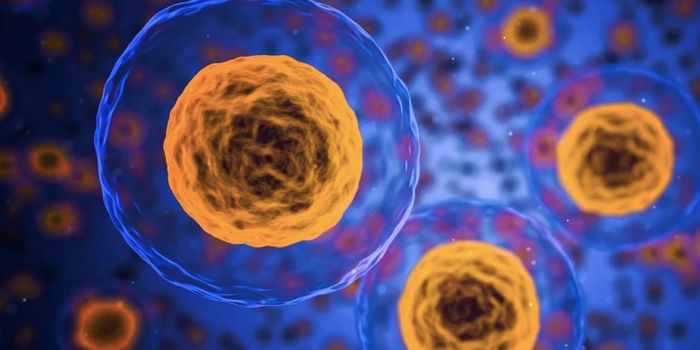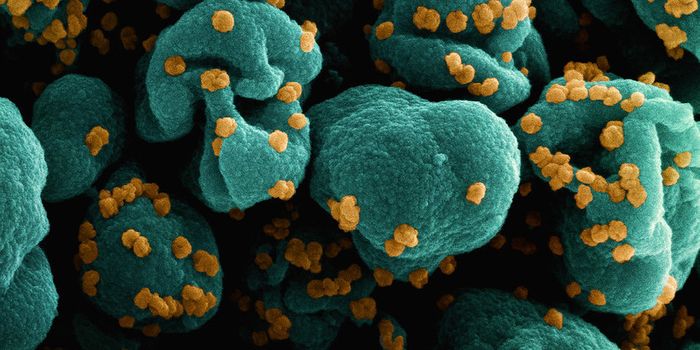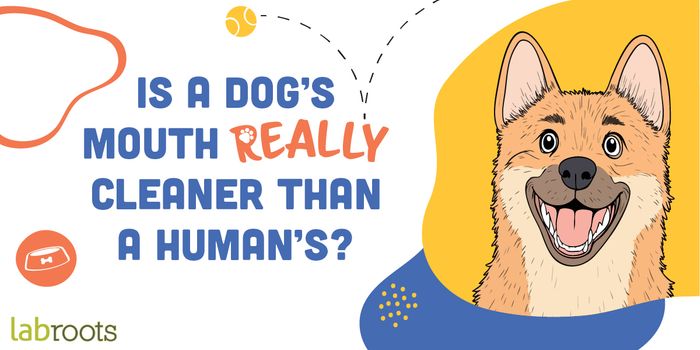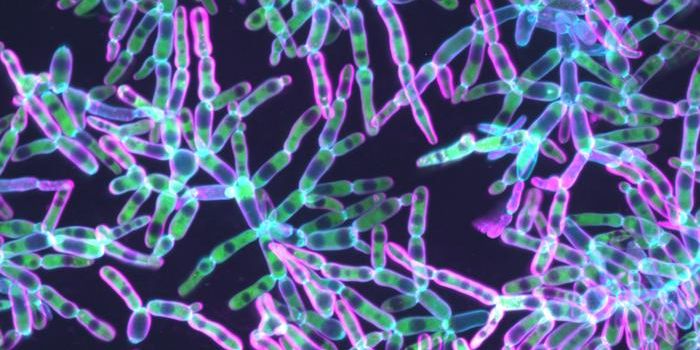Healthy Fat From a Beneficial Microbe May Help us Relieve Stress
Even though the developed world has access to plenty of cleaning and hygiene products, it is still full of diseases, and children that live in cleaner households actually tend to have higher rates of some chronic illnesses like asthma. The hygiene hypothesis was presented as a potential explanation for these observations; the immune system doesn’t get properly stimulated by germs early on in life and can lead to autoimmune problems later. Recent work has illustrated that we all carry around tons of microbes in and on our bodies, and these bugs have a significant impact on our physical and mental health (as discussed in the video below).
Scientists at the University of Colorado Boulder have now found that a microbe that lives in soil generates a fat that has anti-inflammatory properties. This bacterium, Mycobacterium vaccae, may be a very beneficial microbe that can help reduce stress and anxiety. The findings have been reported in Psychopharmacology.
"We think there is a special sauce driving the protective effects in this bacterium, and this fat is one of the main ingredients in that special sauce," said the senior author of the study, Integrative Physiology Professor Christopher Lowry.
Researchers have spent years refining the hygiene hypothesis, and work has indicated that a lack of exposure to beneficial microbes, so-called ‘old friends,’ is the real problem. That reduction in contact with good bugs may also be disruptive to mental health.
"The idea is that as humans have moved away from farms and an agricultural or hunter-gatherer existence into cities, we have lost contact with organisms that served to regulate our immune system and suppress inappropriate inflammation," said Lowry. "That has put us at higher risk for inflammatory disease and stress-related psychiatric disorders."
Lowry has investigated the connections between bacteria and mental health for a long time. He has shown in previous work that rural kids have immune systems that are more resilient to stress and might be at lower risk for mental illness than urban kids that live without pets. His team has also found that when rodents are exposed to M. vaccae their reaction resembles the effect of antidepressants, and anti-inflammatory effects are seen in the brain. Brain inflammation is thought to raise the risk of disorders like posttraumatic stress disorder (PTSD) that have been linked to stress. When mice were injected with M. vaccae before a stressful event occurred, a "PTSD-like" mouse syndrome was less likely to happen.
"We knew it worked, but we didn't know why," said Lowry. "This new paper helps clarify that."
In this new research, the investigators isolated a novel fatty acid found in M. vaccae called 10(Z)-hexadecenoic acid. When immune cells called macrophages were stimulated, the fatty acid attached to a receptor called PPAR and inhibited cellular pathways that promote inflammation.
"It seems that these bacteria we co-evolved with have a trick up their sleeve," said Lowry. "When they get taken up by immune cells, they release these lipids that bind to this receptor and shut off the inflammatory cascade."
Lowry imagines using the microbe to create a "stress vaccine" that could be given to people in psychologically demanding roles in order to prevent the damage stress can cause. More work will be needed in people to confirm that the fat has this impact, but if it works on its own, it might be useful in drug development. The active compound and its receptor have both been identified, Lowry noted.
"This is just one strain of one species of one type of bacterium that is found in the soil but there are millions of other strains in soils," Lowry said. "We are just beginning to see the tip of the iceberg in terms of identifying the mechanisms through which they have evolved to keep us healthy. It should inspire awe in all of us."
Sources: AAAS/Eurekalert! via University of Colorado Boulder, Psychopharmacology


